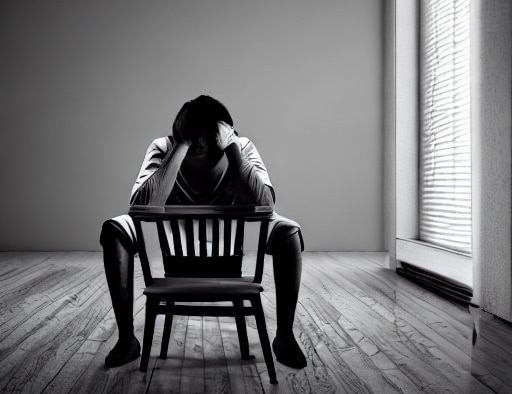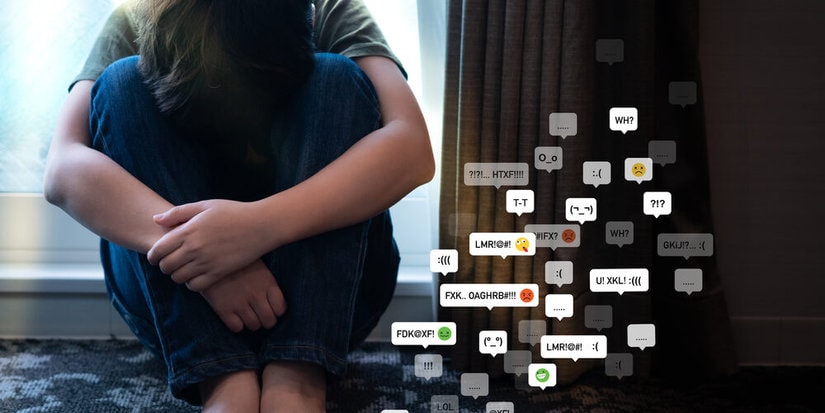The Link Between Social Isolation And Depression

Social isolation is a phenomenon that has been present throughout human history, manifesting in different forms and with various consequences. Anachronistically put, it is almost as if social isolation has been around since the beginning of time.
It can have a severe impact on a person’s mental health, with one of the most common outcomes being depression. This article will explore the link between social isolation and depression, covering the causes, effects, and warning signs of both.
What is Social Isolation?
Withdrawal from social activities can have a significant effect on one’s mental health. Social isolation is the state of being separated from the society, either by choice or as a result of circumstances in a person’s life.
It is the lack of social contact with other people. Social isolation can be caused by various reasons, such as life transitions, illness, disability, poverty, discrimination, and other factors. People can also choose to be socially isolated in order to focus on their work or to avoid social interaction.
Social isolation can lead to feelings of loneliness, anxiety, and depression. It can also have an effect on physical health, including a weakened immune system and increased risk for illness and disease. In extreme cases, it can lead to suicide.
It is important to recognize the signs of social isolation and to take steps to prevent it.
What is Depression?
How does depression manifest itself, and what are the effects of this mental illness?
Depression is a mental illness that can manifest itself in a variety of ways and can cause significant emotional distress. Common symptoms of depression include persistent feelings of sadness, fatigue, social isolation, feelings of guilt or worthlessness, difficulty focusing or making decisions, and thoughts of suicide or death. Depression can also cause physical symptoms, such as headaches, back pain, appetite changes, and physical aches and pains. People with depression may also experience changes in their sleep pattern, such as sleeping too much or too little, or difficulty falling asleep or staying asleep. In addition, people with depression may lose interest in activities they once enjoyed.
The effects of depression can be severe and long-lasting. People with depression may experience difficulty functioning at work or school, have difficulty maintaining relationships, or become isolated from family and friends. Depression can interfere with someone’s ability to make decisions, and can lead to substance abuse or other mental health problems. To make matters worse, depression can lead to a sense of hopelessness that can prevent a person from seeking help. Left untreated, depression can create a downward spiral of physical and emotional problems.
Causes of Social Isolation
Social isolation can be caused by many factors, with depression being one of the most common. Other causes of social isolation can include physical illness or disability, living in a rural area, lack of transportation, social anxiety, and feeling socially isolated due to cultural differences.
More specifically, social isolation can stem from difficulty making friends, a lack of social skills or difficulty socializing, feeling disconnected from others, and feeling like an outsider in a group. These factors can lead to an individual feeling lonely, which can then lead to an increased risk of developing depression.
In summary, many different factors can lead to social isolation, such as:
- Physical illness or disability
- Living in a rural area
- Lack of transportation
- Social anxiety
Effects of Social Isolation
The consequences of social isolation can have a severe impact on an individual’s mental and physical health, making it a serious issue to be aware of. Studies have shown that people who experience social isolation have a higher risk of suffering from depression and other mental health issues. This is because humans are naturally social creatures and need social interactions to thrive. Without meaningful relationships and regular contact, an individual can feel isolated and disconnected, leading to loneliness and depression.
Further, social isolation can lead to physical health issues such as an increased risk of cardiovascular disease, weakened immune system, reduced cognitive functioning, and decreased life satisfaction. These effects of social isolation can be seen in the following table:
| Effects of Social Isolation | ||
|---|---|---|
| Increase risk of depression | ||
| Increase risk of cardiovascular disease | ||
| Weakened immune system | ||
| Reduced cognitive functioning | ||
| Decreased life satisfaction | Decreased social connectedness |
Recognizing the Warning Signs
Recognizing the warning signs of social isolation is essential in order to prevent the negative effects it can have on an individual’s mental and physical health. It is important to be aware of the following signs that may indicate a person is experiencing social isolation:
- A lack of interest in activities that were once enjoyable.
- Withdrawal from family and friends.
- Changes in sleep patterns, such as difficulty falling asleep or sleeping too much.
- Changes in eating habits, such as eating more or less than usual.
It is important to be aware of the emotions and behaviors of those around us, and to recognize when an individual may be struggling with social isolation and the potential consequences of it. Taking action to address any concerning behavior is essential for the individual’s well-being.
Conclusion
The effects of social isolation on mental health are clear. It can lead to a range of negative outcomes, including depression.
To prevent this from occurring, it is important to recognize the warning signs of social isolation, such as decreased interaction with others, and take steps to address them. Through proactive engagement, one can avoid the psychological risks associated with being disconnected from society.
Efforts to reduce loneliness, such as strengthening existing relationships, creating new connections, and engaging in meaningful activities, can help to improve mental health.
By taking steps to increase social connection, individuals can benefit from the positive impact of being part of a wider community.









